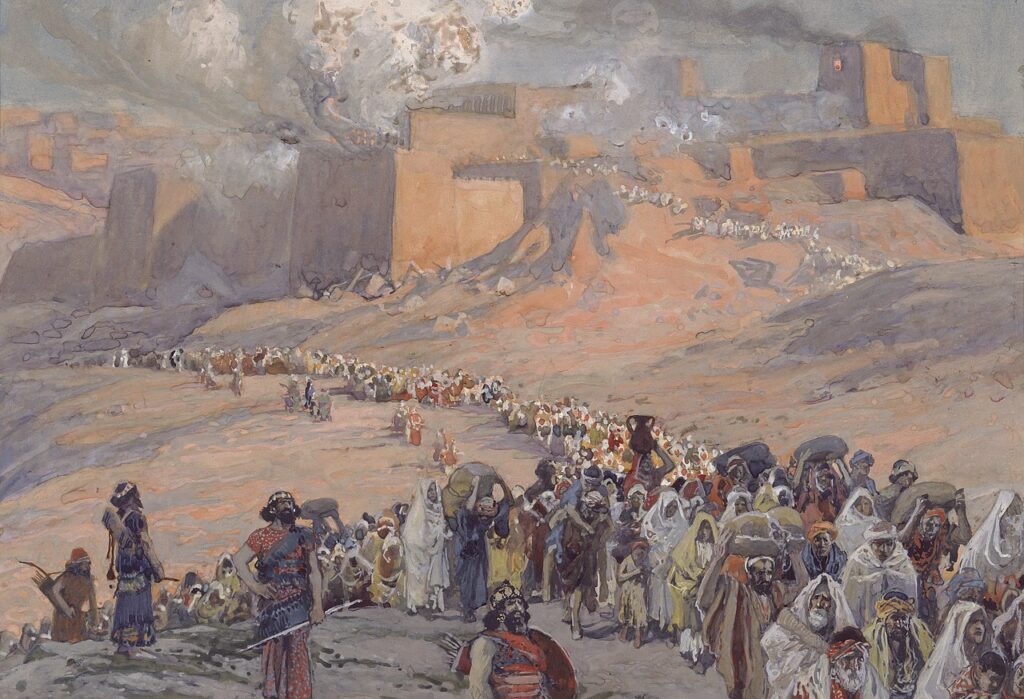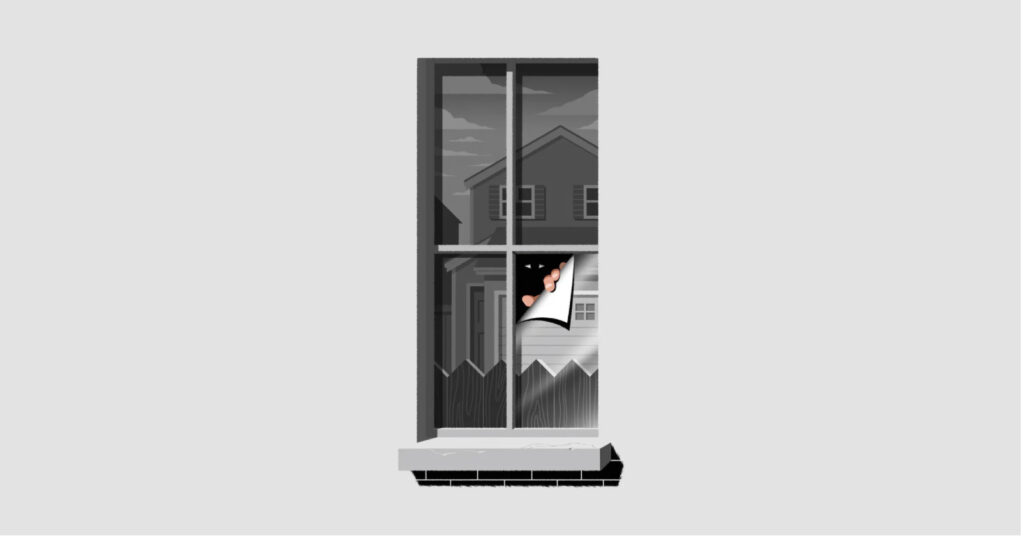This Notæ features a particularly reflective set of essays on the experiences of time, exile, happiness and communion with our neighbors.
“How to Want Less,” by Arthur C. Brooks for the Atlantic
The unending race against the headwinds of homeostasis has a name: the “hedonic treadmill.” No matter how fast we run, we never arrive. “At home I dream that at Naples, at Rome, I can be intoxicated with beauty, and lose my sadness,” Ralph Waldo Emerson wrote in his 1841 essay, “Self-Reliance.” “I pack my trunk, embrace my friends, embark on the sea, and at last wake up in Naples, and there beside me is the stern fact, the sad self, unrelenting, identical, that I fled from.”

“Visions of Exile: Christian Communitarianism, Christian Secularism, and Faithful Presence,” by Emily Wenneborg for Mere Orthodoxy

How can Christians live faithfully in an ever-changing and increasingly pluralistic world? How can we maintain that faithfulness, both over the course of our own lives and from generation to generation? … One source of guidance for faithful living in the midst of a culture that does not recognize the one true God is the exile of the people of Israel in Babylon … However, contemporary writers do not all conceive of the condition of exile in the same way.
“How We Make Sense of Time,” by Elizabeth Dias in the New York Times

When clocks strike midnight on Dec. 31, the year 2021 and all it has brought will come to a close, leaving people around the world reflecting on the passage of time. Typically, New Year’s Day is an occasion to consider the past and celebrate the future. We make resolutions. We remember those who have died. We make lists of the traumas and the joys that have impressed themselves upon our lives.
But this year of all years, what does it mean for a year to be new? How do we measure our lives?
“Do Doorbell Cams Make Good Neighbors,” by Meghan O’Gieblyn in Wired
To truly love in this way, Kierkegaard argues, it’s necessary to abandon the role of a criminal detective, those “servants of justice who track down guilt and crime.” This is the impulse, inherent in each of us, to investigate the behavior of others, to unearth their sins, to ferret out clues of potential wrongdoing. Instead, the person who truly loves their neighbor must assume the best.




